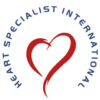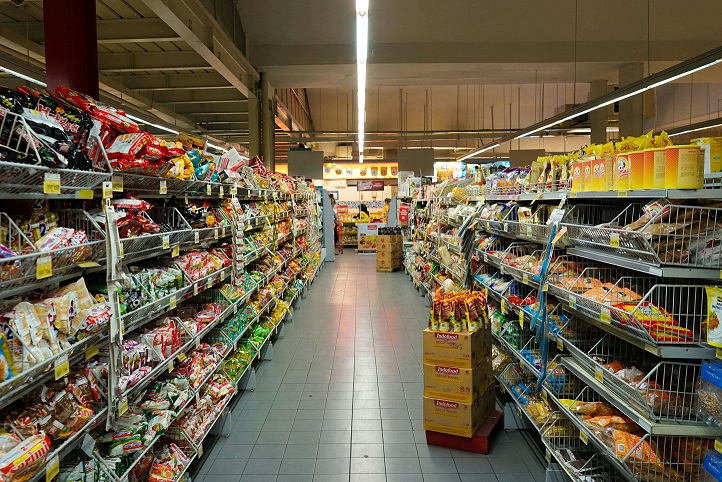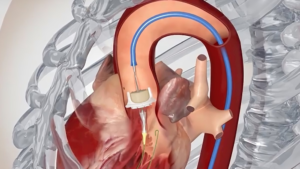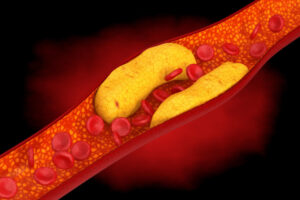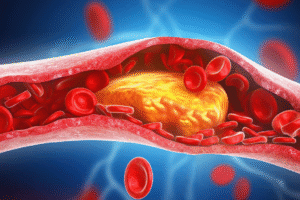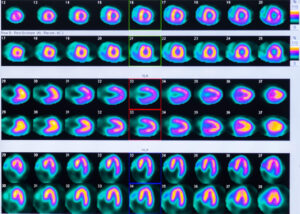We’ve grown used to spotting Nutri-Grade labels on bottled drinks and bubble tea, but now, the same colour-coded system is coming for salt-heavy pantry staples like instant noodles, sauces, seasonings, and even table salt.
By mid-2027, any of these products with a C or D grade will be required to carry a Nutri-Grade label, flagging their sodium and saturated fat levels, just like the current sugar labels on drinks. It’s part of Singapore’s growing effort to tackle chronic diseases like hypertension, which affects over one in three adults.
So what does this mean for your daily meals, and how can you make sense of what’s in your food? Let’s dive in.
Salt and Health in Singapore: The Hard Truth
According to the 2022 National Nutrition Survey, Singaporeans consume an average of 3,620mg of sodium daily, that’s almost double the recommended limit of 2,000mg (about one teaspoon).
This high salt intake has led to:
- 37% of adults with high blood pressure
- 31.9% with high cholesterol
And most of this salt doesn’t come from your salt shaker, it’s hidden in sauces, soups, seasoning powders, and foods eaten outside the home.
How the New Salt Nutri-Grade Label Works
The expanded Nutri-Grade scheme will grade products from A to D, with D being the least healthy. From 2027:
- Products like soy sauce, ketchup, oyster sauce, cooking oil, instant noodles, and seasoning powders will carry these labels.
- D-graded products cannot be advertised.
- Labels will highlight the ingredient of concern, e.g., sodium or saturated fat.
Each product category will have tailored thresholds. For instance:
- Light soy sauce earns an A if it has less than 4,000mg of sodium per 100g.
- Bean paste gets an A if it contains less than 3,300mg sodium, under 10g sugar, and under 1g saturated fat per 100g.
This allows for reformulation without removing local favourites from the market.
Why Too Much Salt Raises Blood Pressure
Salt contains sodium, which causes the body to retain water. This extra fluid increases blood volume and puts added strain on blood vessels, raising blood pressure. Over time, this can damage the heart, kidneys, and arteries, increasing the risk of:
- Heart attack
- Stroke
- Kidney disease
The scariest part? You often won’t feel anything until serious damage is done. That’s why prevention, and awareness, are key.
How Much Salt Is in Our Favourite Foods?
Here’s a look at how quickly sodium adds up in everyday meals:
A single packet of instant noodles or a generous splash of soy sauce already takes you close to your daily limit. And remember: that’s before adding any side dishes or snacks.
Simple Ways to Lower Your Salt Intake
Small changes can make a big difference. Here are easy ways to eat less salt without giving up flavour:
✔ Ask for less sauce or “less salt” at hawker stalls
✔ Flavour with herbs, garlic, chilli, and citrus instead of relying on soy sauce or salt
✔ Read the new Nutri-Grade label when it rolls out, it’ll help you compare brands at a glance
✔ Cook more at home so you can control seasoning levels
✔ Try lower-sodium versions of your favourite sauces or seasoning cubes
✔ It’s best not to finish all the soup from the instant noodles or ramen.
Just swapping out high-sodium ingredients for lower-sodium ones in one meal a day can reduce your intake by 10% to 30%, according to the Health Promotion Board.
Don’t Wait. Get Your Blood Pressure Checked
Hypertension often shows no symptoms until it’s serious. If you’re in your 30s or 40s and haven’t had your blood pressure checked in a while, or you’re worried about your diet, it’s a good time to act.
At Heart Specialist International, Dr Paul Ong offers comprehensive heart health checks and practical advice tailored to your lifestyle. Whether you’re managing existing high blood pressure or trying to prevent it, Dr Ong can guide you through the next steps.
Book a Consultation with Dr Paul Ong Today
Take control of your salt intake and your heart health. With Singapore’s new salt labelling system on the horizon, there’s never been a better time to rethink what’s on your plate.
Make an appointment with Dr Paul Ong at Heart Specialist International today and start building habits that protect your heart for the long run.
References
- Ministry of Health & Health Promotion Board. (2025, April 6). Nutri-Grade labels to include salt, sauces, and instant noodles by mid-2027. Retrieved from:https://www.straitstimes.com/singapore/salt-sauces-and-instant-noodles-to-have-nutri-grade-labels-by-mid-2027
- Health Promotion Board. (2022). National Nutrition Survey 2022. Singapore: Ministry of Health. Retrieved from: https://www.hpb.gov.sg/docs/default-source/pdf/nns-2022-report.pdf
- World Health Organization. (2023). WHO guidelines on sodium intake for adults and children. Retrieved from:https://www.who.int/publications/i/item/9789241504836
